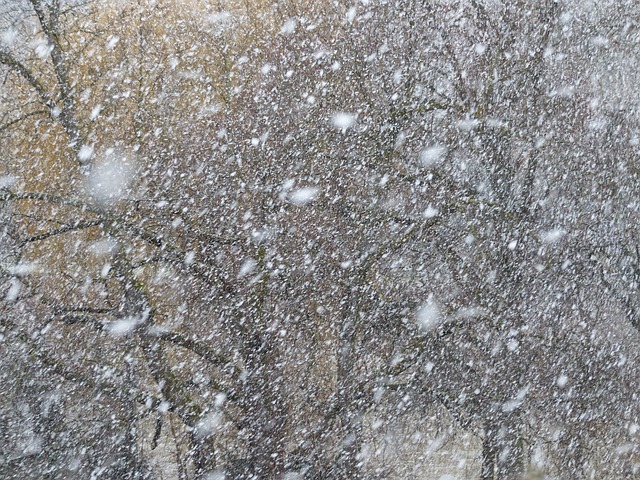Does Solar Perform in Harsh Winter Weather
Solar Panels Will Survive
Recently I realized the real question homeowners are asking about solar is: “How well does solar perform in harsh winter weather?” Recently a solar supplier responded to inquiries about solar street and highway lights could stand up against wind, rain, snow and freezing temperatures. There is good news. Solar panels are specially designed to prevent warping from temperature fluctuations. The panels are waterproof to avoid seepage and damage to components. There are no moving parts to wear, corrode or freeze. Remember, Solar panels are rated for 25 years even in Minnesota, and they are standing up to the rating.

After decades of operation, we are discovering that solar panels survive in subzero weather. In fact, they actually run more efficiently in cooler temperatures than when it is really hot outdoors. Temperature does not prevent solar power generation as much as lack of sun rays. With that said, just how viable is solar power in northern winter snowstorms?
Keeps On Producing
Wintertime is unforgiving on everything, but especially on equipment and panels that need the sun to generate power. Solar is fine in winter. Sure snow or rain-heavy locations with constant overcast conditions limit the amount of sun panels can absorb. But those panels still receive and utilize the amount of sunlight they receive. If you choose to include power storage units along with your solar panel array, you can extend your power availability well beyond sunset. Even without constant sunlight, during the darkest months of the year, you would be able to access power, either from your storage batteries or from your supplier.
There is a prevalent myth that solar panels do not work in winter. To understand why solar cells can be effective in the winter, understand the way they work. Solar panels are made of photovoltaic (PV) cells usually out of silicon. Electrons in these PV cells are energized when hit by particles of light (photons). The energy is then converted into electric current within the cell. Nothing in the process relies on heat. The critical component is photovoltaic rays from the sun. Solar does perform in harsh winter weather and even on cloudy days. As long as there is some indirect sunlight, PV panel cells can absorb it. Of course more energy is produced when the PV rays are direct and stronger, but power is still being generated when the sun is up.
Location is Everything
Renewable Solar Resources installs solar panels rated to withstand the wind, rain, snow and cold of a Minnesota winter. Before the panels are installed, your renewable Solar Resources Representative will visit the proposed site and measure the photovoltaic rays prior to making any report or quote. This onsite check allows for optimal angle and placement of the panels to ensure power is maximized to your new solar installation. If you are interested in solar energy but asking will solar perform in harsh winter weather, talk to a Renewable Solar representative and get the facts for your location.
